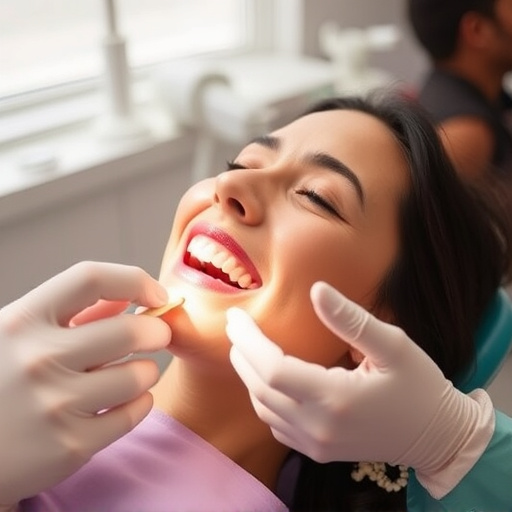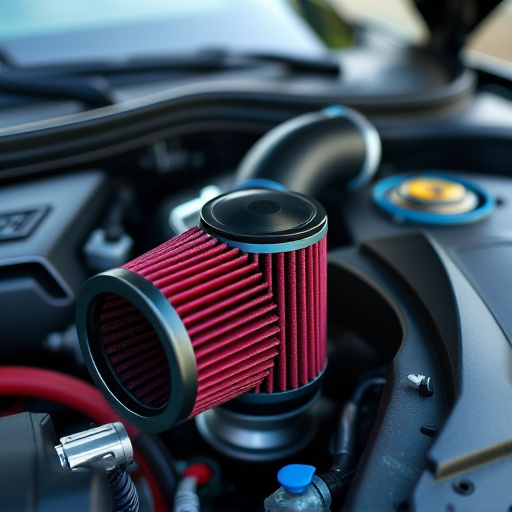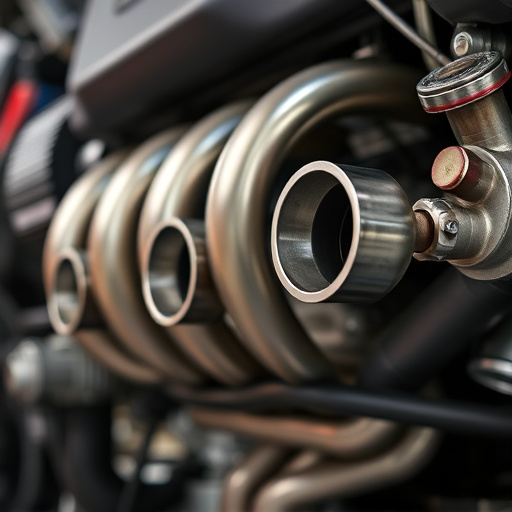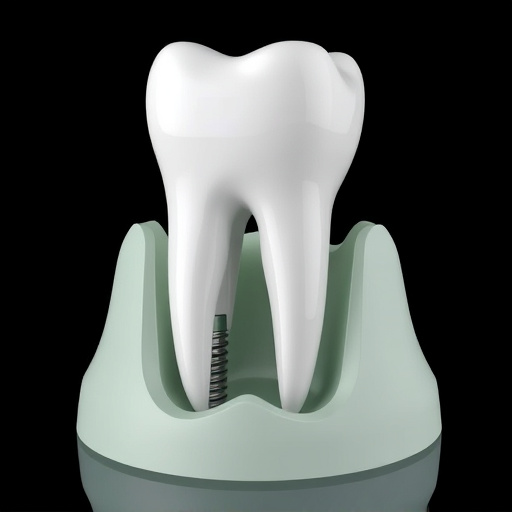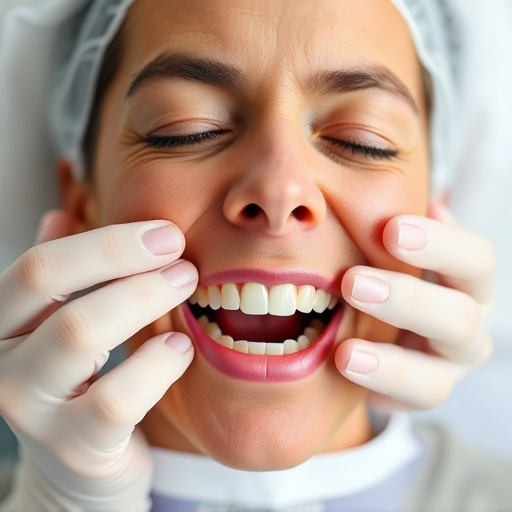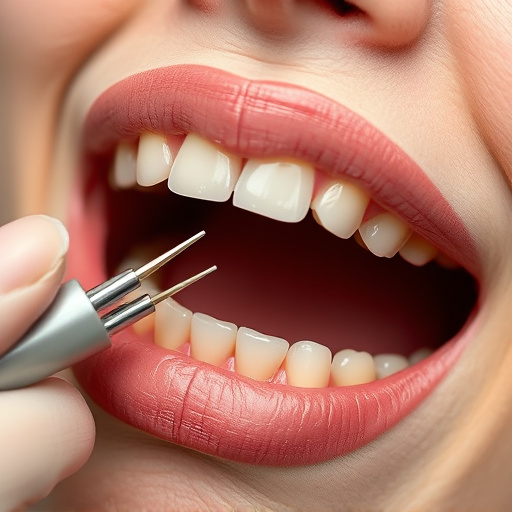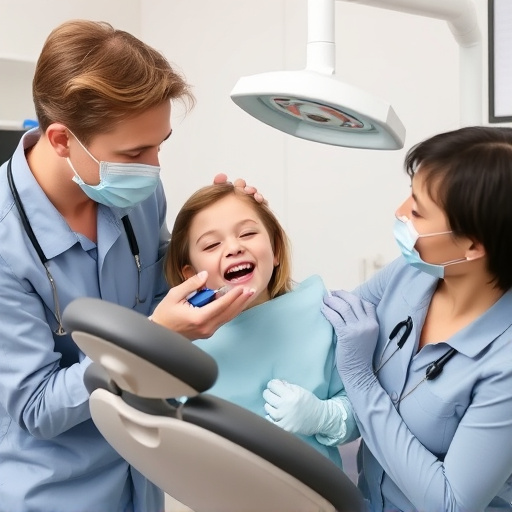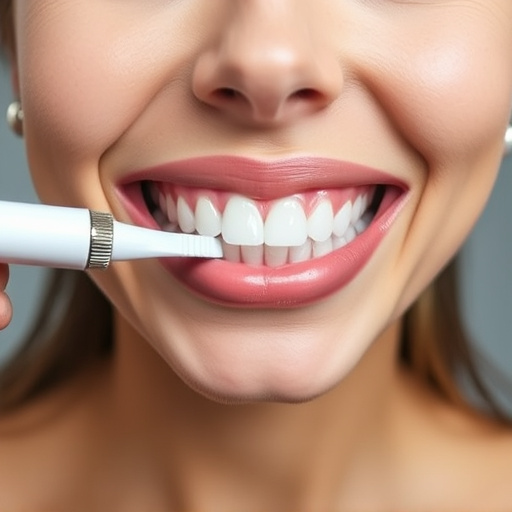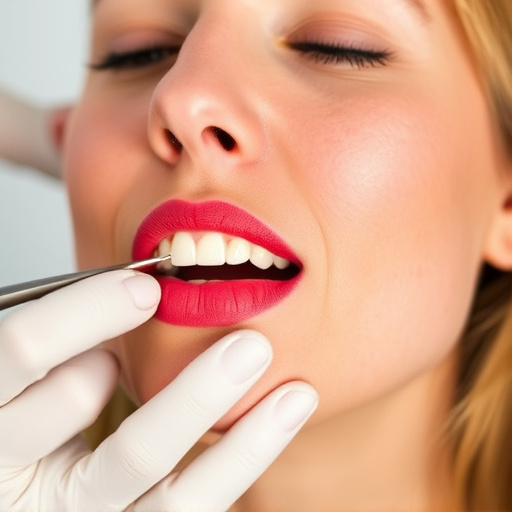Dental health maintenance is a key component of holistic wellness, preventing conditions like tooth decay, gum disease, and systemic ailments. Regular cleaning, brushing, flossing, and dental check-ups are cost-effective strategies to avoid costly treatments. Children's dentistry teaches good oral hygiene habits, while consistent routines promote better long-term health outcomes.
Dental health maintenance is more than just oral care; it’s a cornerstone of overall well-being. By understanding the intricate link between dental and systemic health, we can see that neglecting dental hygiene can lead to costly emergency treatments down the line. This article explores how daily habits and preventive care can significantly reduce dental expenses while promoting long-term oral health. We’ll delve into the cost analysis of proactive maintenance versus reactive treatments, emphasizing why dental health maintenance is an investment worth making.
- Understanding the Link Between Dental Health and Overall Well-being
- Daily Habits for Optimal Dental Hygiene
- Preventive Care vs. Emergency Treatments: Long-term Cost Analysis
Understanding the Link Between Dental Health and Overall Well-being
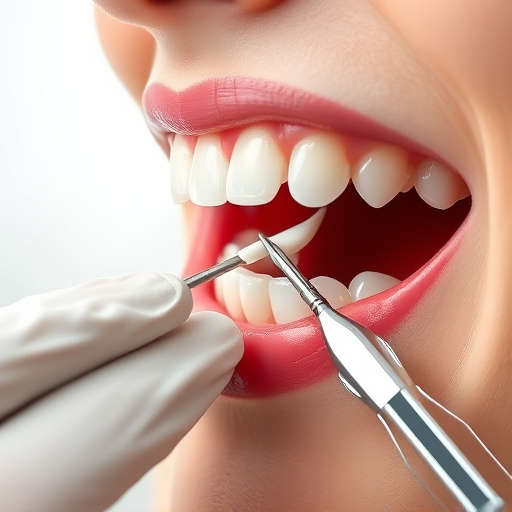
Dental health maintenance is not just about keeping your smile pretty; it’s intricately linked to your overall well-being. Regular teeth cleaning and proper dental care routines play a pivotal role in preventing a range of health issues that extend far beyond the mouth. Neglecting dental health can lead to severe consequences, including tooth decay, gum disease, and even systemic conditions like heart disease, diabetes, and respiratory problems.
Children’s dentistry is an essential component of this maintenance, as establishing good oral hygiene habits from a young age sets children up for a lifetime of healthy smiles. Preventive measures such as routine dental check-ups, professional teeth cleaning, and restorative dentistry procedures when necessary, contribute to maintaining optimal dental health. By prioritizing these practices, individuals can avoid costly and complex treatments associated with advanced dental issues, ensuring better long-term health outcomes.
Daily Habits for Optimal Dental Hygiene
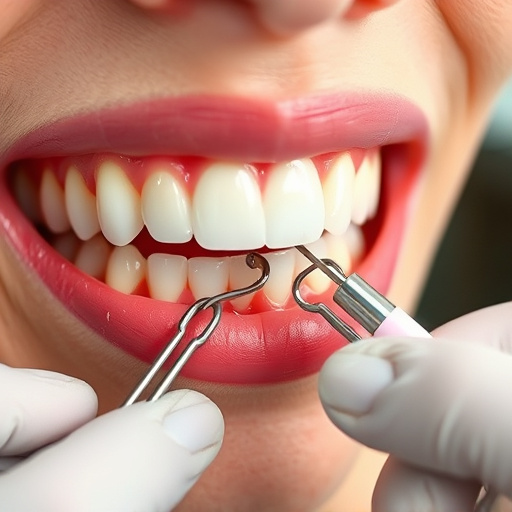
Maintaining optimal dental hygiene is a daily commitment to care for your smile and overall well-being. A simple yet effective routine includes brushing your teeth at least twice a day with fluoride toothpaste, ensuring each session lasts for at least two minutes. This fundamental practice helps remove plaque buildup, a major cause of tooth decay and gum disease. Flossing once daily is equally vital; it reaches areas between teeth that brushing might miss, promoting fresh breath and healthy gums.
Complementing these habits, regular routine oral exams play a significant role in dental health maintenance. These check-ups allow dentists to detect potential issues early on, from minor cavities to more serious problems like periodontal disease. Staying proactive can prevent the need for costly procedures such as dental fillings or, in more severe cases, dental crowns, which are often required when teeth are severely damaged or decayed.
Preventive Care vs. Emergency Treatments: Long-term Cost Analysis
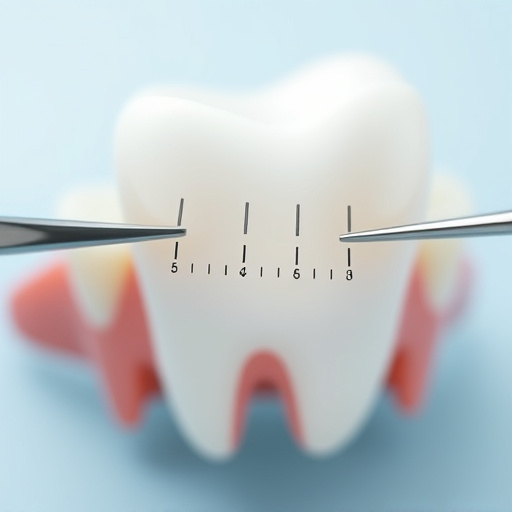
Regular dental health maintenance is a wise investment that can save individuals from the financial burden of expensive emergency treatments. Preventive care, such as routine teeth cleaning and check-ups, plays a pivotal role in maintaining oral health. These visits allow dentists to detect potential issues early on, often preventing them from escalating into costly procedures. In contrast, emergency dentistry is typically reactive, addressing severe problems that have developed over time without proper preventive measures.
By prioritizing preventive dentistry, including regular dental exams and teeth cleaning for both adults and children’s dentistry, individuals can avoid complex and expensive treatments like root canals or tooth extractions. Long-term cost analysis reveals that consistent dental health maintenance is significantly more economical than addressing oral health crises. This approach not only benefits personal finances but also contributes to overall well-being by ensuring a healthy smile for years to come.
Maintaining good dental health is not just about a bright smile; it’s a key component of our overall well-being. By adopting daily habits for optimal hygiene and prioritizing preventive care, we can avoid costly emergency treatments. Investing time in dental health maintenance is a wise decision that saves money and enhances quality of life. Remember, a healthy mouth contributes to a healthier, happier you!


